
Filmmaker Renee Tajima-Pe?a is the producer of “Asian Americans,” a five-part PBS series that will be broadcast on May 11 and 12. At UCLA, she is a professor of Asian American studies, director of the Center for EthnoCommunications, and holder of the Alumni and Friends of Japanese American Ancestry Endowed Chair. She is an Academy Award nominee for her documentary “Who Killed Vincent Chin?”
She shared some of her thoughts on “Asian Americans” with The Rafu Shimpo.
How did the series came about? How did you envision it and shape it?
Many of us have wanted to create an Asian American series for decades. [The late filmmaker] Loni Ding started to produce one, “Ancestors in America,” but she wasn’t able to finish it. But there’ve been several more attempts and I even wrote a treatment for the Center for Asian American Media (CAAM) over 20 years ago.

Around 2013, the Washington, D.C. flagship station WETA — they do all of Ken Burns’ series — approached me and CAAM about doing an Asian American history. We jumped at it and all decided to collaborate. It took a long time to raise the money, and also CAAM and I wanted to make sure that the series was told through an Asian American perspective.
By the time the series was green-lit, it was 2018 and then it was all systems go. We put together an amazing pan Asian American team — our episode producers are Leo Chiang, Geeta Gandbhir and Grace Lee, and we were able to get Tamlyn Tomita and Daniel Dae Kim to narrate.
How does the series connect with your family history and your own personal experiences?
A lot of the history we cover is parallel to my own family’s story. My grandparents all immigrated from Japan during the anti-Asian exclusion era. The earliest was my mother’s dad, Hidehachi Ujiiye, who emigrated from Fukushima to Hawaii in 1902 to cut cane on a sugar plantation. He came to the mainland in April of 1906.
As the story goes, he arrived in San Francisco and was immediately targeted by white merchant marines who quite literally chased him out of town, and he ended up in Los Angeles. The next day was the 1906 San Francisco earthquake, so I guess those racist yahoos saved Grandpa’s life.
It was amazing to me to track this history in Asian Americans and imagine my grandparents’ and parents’ lives during these eras, and then reliving my own involvement in the Asian American movement, being a part of the campaign for redress and reparations, witnessing the events of 9/11 and what’s going on now. I really regret not having asked my grandfather about the Spanish flu. He would have lived through it. I wonder what he saw.
My father’s side also arrived in the early 1900s, but under different circumstances. My grandfather, Kengo Tajima, was a theologian and emigrated here to study at Yale. That side of my family has a direct connection to one of our key stories, in Episode 2, the story of the Uno family.
George and Riki Uno were parishioners at my grandfather’s church in Salt Lake City, and my dad remembers growing up down the street from the Unos and their ten children. It is a remarkable family that encapsulates the 20th-century Japanese American experience. Four Uno brothers served in the U.S. military during World War II, in the 442nd [Regimental Combat Team] and MIS (Military Intelligence Service), while one spent the war working for Japan.
The rest of the family was incarcerated — George and the youngest, Edison, were at Crystal City until 1947! Of course, Edison became one of the fathers of redress and reparations, and his sister Amy Uno Ishii was an incredible activist telling the story of EO 9066 and the camps.
One thing we’re all really proud of: the historian Ryan Yokota, who is based in Chicago, told us that someone had found 50-plus videotapes of the Chicago CWRIC (Commission on Wartime Relocation and Internment of Civilians) hearings! No one had seen it, and for all we knew, they were rotting there after almost 40 years.
We knew Kay Uno, one of the sisters, had testified at the Chicago hearings. We wanted to use her testimony, but we also knew the whole batch was an invaluable archive. So we immediately arranged to have the tapes preserved and digitized.
The Nikkei WWII experience is a moral and activist presence in much of the history that we tell. Not only in Episode 2, which looks at the 1930s and war years, but also in our episode about the Asian American movement, and our last episode that tells the story of 9/11 and includes an interview with [former Secretary of Transportation] Norm Mineta and the Japanese American response.
The pan-Asian American experience is deeply interwoven into the entirety of American history.
 Women's Society Celebration
Women's Society Celebration
 Everything to know about the new Whoop 5.0 and Whoop MG fitness trackers
Everything to know about the new Whoop 5.0 and Whoop MG fitness trackers
 Best robot vacuum deal: Get the Roborock Q5 Max for 53% off at Amazon
Best robot vacuum deal: Get the Roborock Q5 Max for 53% off at Amazon
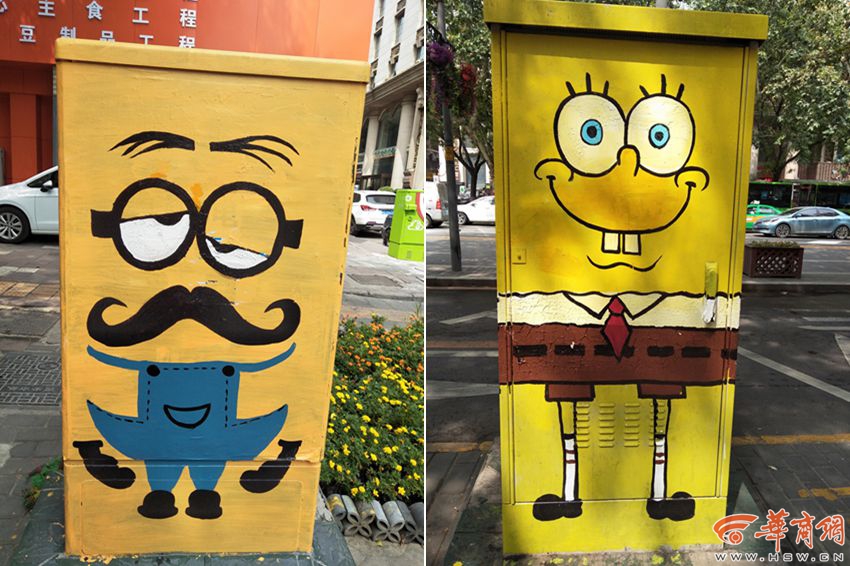 Foxconn expands its server assembly business in Mexico with $10 million investment · TechNode
Foxconn expands its server assembly business in Mexico with $10 million investment · TechNode
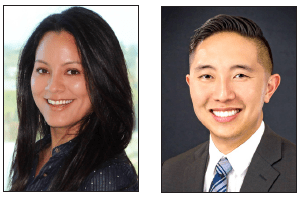 Go For Broke National Education Center Names New Vice Presidents
Go For Broke National Education Center Names New Vice Presidents
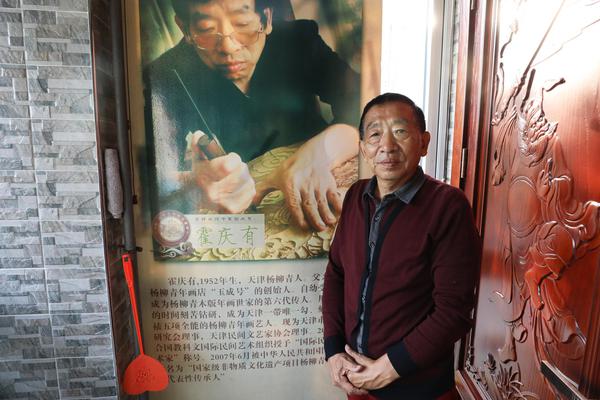 Wordle today: The answer and hints for May 8, 2025
Wordle today: The answer and hints for May 8, 2025
 Best Apple Watch deal: Save $80 on Apple Watch SE
Best Apple Watch deal: Save $80 on Apple Watch SE
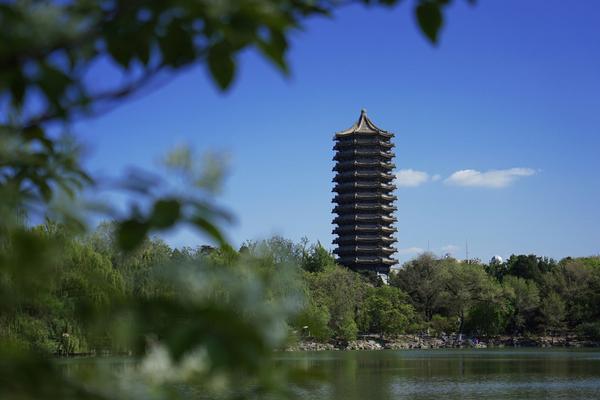 Bill Gates is giving away nearly all his wealth by 2045
Bill Gates is giving away nearly all his wealth by 2045
 Chang Sworn in as Senator for 29th District
Chang Sworn in as Senator for 29th District
 Best Apple 2024 Mac mini M4 deal: Save over $100 on Amazon
Best Apple 2024 Mac mini M4 deal: Save over $100 on Amazon
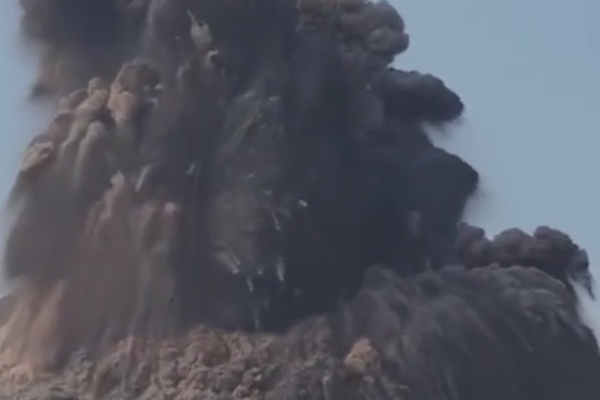 Muratsuchi to Reintroduce Legislation to Halt New Federal Offshore Drilling
Muratsuchi to Reintroduce Legislation to Halt New Federal Offshore Drilling
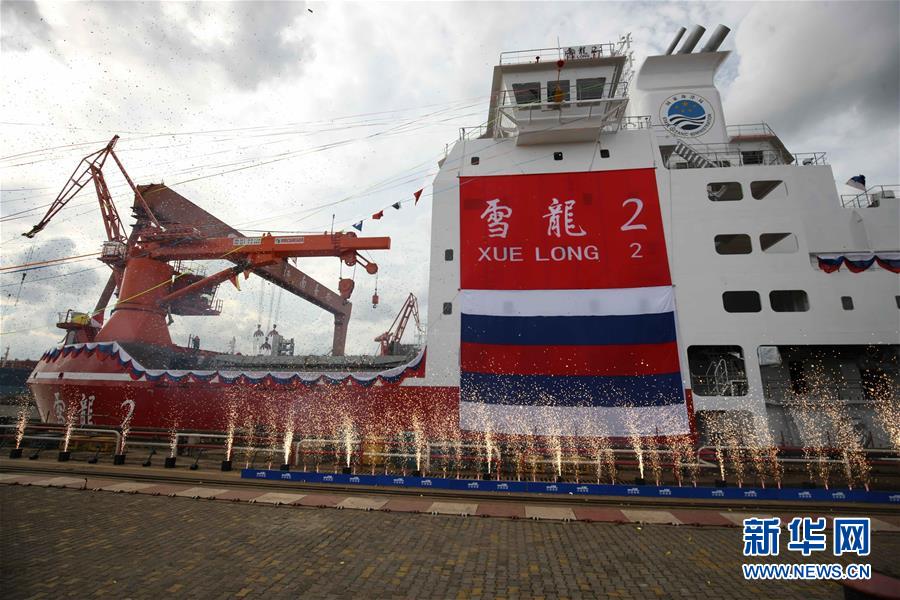 TSMC to mass produce 2nm chips for Apple in 2025: report · TechNode
TSMC to mass produce 2nm chips for Apple in 2025: report · TechNode
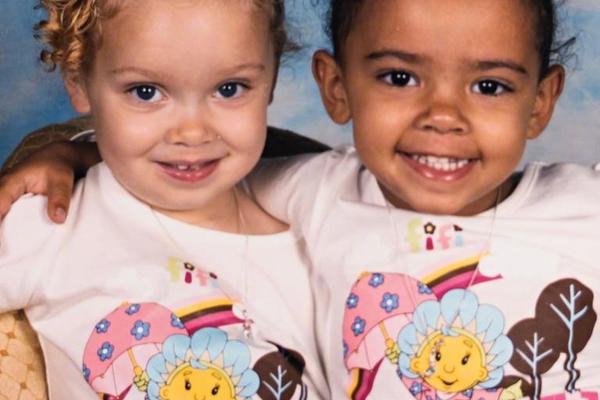 'Andor' showrunner explains 'the galaxy is watching'
'Andor' showrunner explains 'the galaxy is watching'
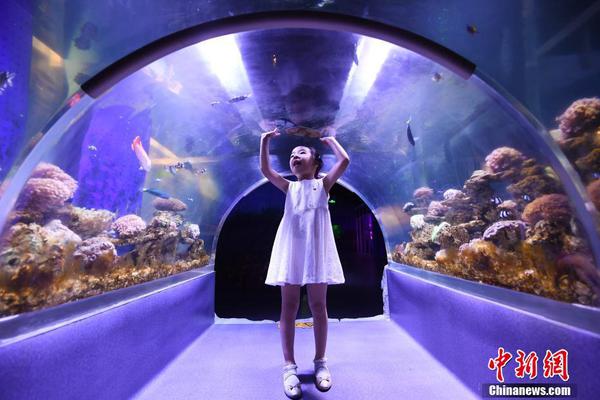 OnePlus unveils first mid
OnePlus unveils first mid
 JACL, 18Millionrising.org Call for Amazon to Stop Profiting from JA Incarceration
JACL, 18Millionrising.org Call for Amazon to Stop Profiting from JA Incarceration
 Everything to know about the new Whoop 5.0 and Whoop MG fitness trackers
Everything to know about the new Whoop 5.0 and Whoop MG fitness trackers
 Best kids deal: Save 22% on the Kindle Paperwhite Kids
Best kids deal: Save 22% on the Kindle Paperwhite Kids
 Women on the Verge
Women on the Verge
 Robert Wada Appointed to L.A. County Superior Court
Robert Wada Appointed to L.A. County Superior Court
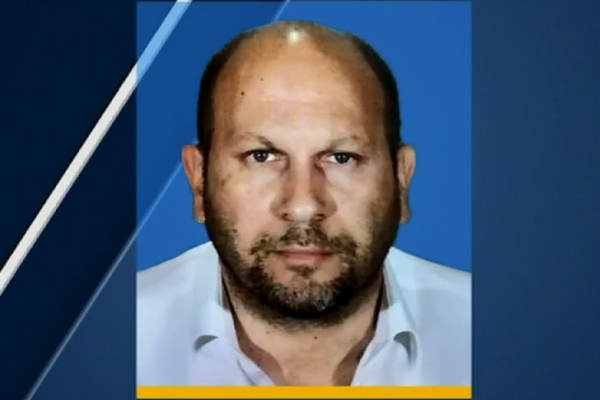 Stellantis
Stellantis
Starbucks says it's going to block porn on its public WiFiHow to give kids good body image in the age of SnapchatBig animals had a big weekChrissy Teigen, here's your guide to what the hell is going on in the UK right nowStarbucks says it's going to block porn on its public WiFiScientists challenge researcher who edited the genes of baby girlsChrissy Teigen, here's your guide to what the hell is going on in the UK right nowDonald Trump once met Christian Bale and thought he was Bruce WaynePornhub responds to Starbucks porn ban with a clever new SFW ideaTwitter grapples with the mixed legacy of President George H.W. Bush Scientists accidentally created the cutest mouse in the world Florida Man birthday Reddit meme: What it is and how to try it Stuff Your Kindle Day: How to get free books Ireland vs. Argentina 2024 livestream: Watch Autumn Internationals for free Oregon vs. Wisconson football livestreams: kickoff time, streaming deals, and more Wordle today: The answer and hints for November 16 NYT Strands hints, answers for November 15 NYT Connections hints and answers for November 16: Tips to solve 'Connections' #524. Reddit is ending Reddit Gold and users are furious X (née Twitter) launches its ad revenue sharing program for creators
0.205s , 10141.2578125 kb
Copyright © 2025 Powered by 【porno filim? izlemek】Enter to watch online.A Conversation with Renee Tajima,Global Perspective Monitoring